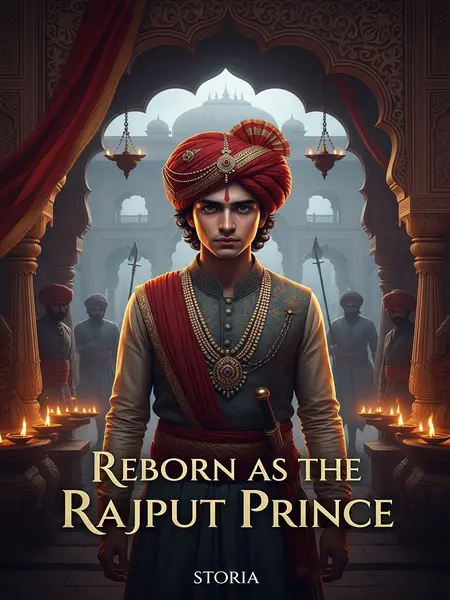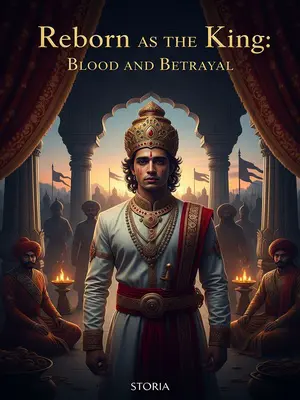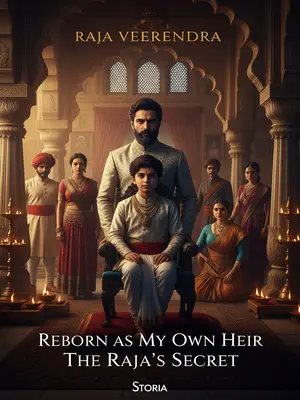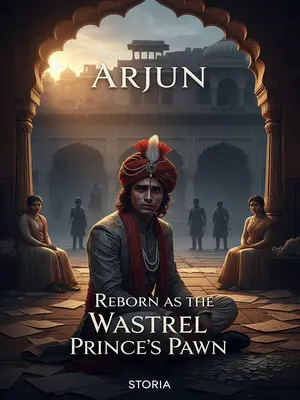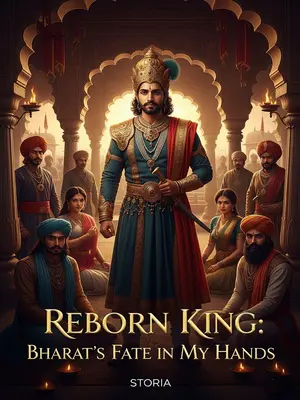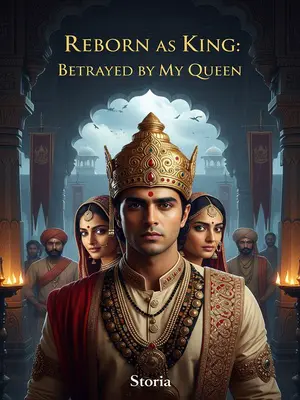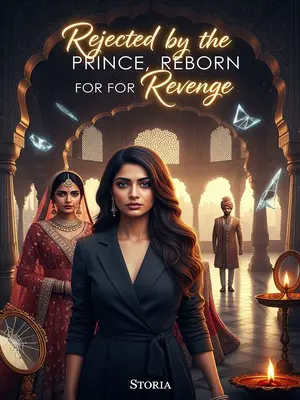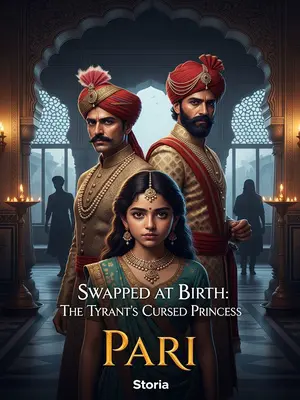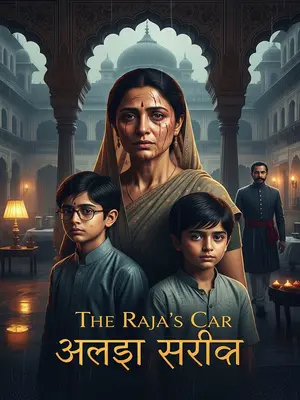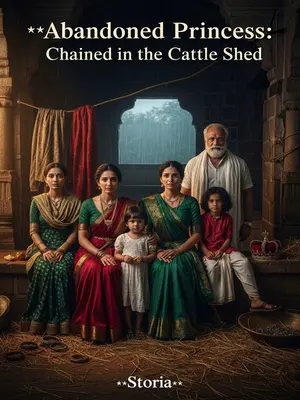Chapter 4: Plans and Provocations
In the second year of Navjyoti, news came that Meghraj, the southern tribal king, had rebelled. The collector’s dramatic letter arrived, lines underlined in red. Vikram chose psychological tactics over siege, leading a large army south. The palace was abuzz—generals sharpening swords, cooks packing crates of pickle and dry roti, astrologers fussing over auspicious dates.
I practised archery and horsemanship every day. The stablehands gossiped, "Suna hai, Maharaj toh ab ekdum Arjun jaise baan chalate hain!" The Prime Minister, worried at first, watched me train and finally allowed himself some pride. Rajput blood will show, after all.
Before leaving, Vikram instructed Kabir and Faiz thrice, tugging Kabir’s sleeve, making Faiz promise, "Keep an eye on him, haan?" On the day the army set out, I pressed a sandalwood tika to his forehead, tradition and affection mingling. Vikram wept openly. Even the guards at the gate wiped their eyes.
With the Prime Minister gone, I gathered my trusted men, voice low, heart pounding. The night air was thick as we slipped out the west gate—over a hundred cavalry, moving like shadows towards Hoshangabad.
I told the palace I had a cold, but really, I wanted to test my men at the front. The old nurse grumbled, "Itna bhi kya bimar?" while the kitchen staff whispered over the sound of the pressure cooker.
At the camp, Faiz tripped over his sword, stunned to see me. "Faiz Bhai, get up quickly," I laughed, pulling him upright. "Arrey, enough of this, yaar. What’s the need for all this formality between brothers?"
He asked why I had come. "I want to borrow five hundred cavalry to take a look at Chanderpur," I said. The words sent a ripple of disbelief through the camp. Faiz protested, "Maharaj, this is not a small matter! You must not risk your life!" I teased, "Kya, Faiz Bhai, darr lag raha hai kya? Agar tu nahi aayega, toh main akela hi chala jaunga."
Faiz’s pride flared. "Go then! Your subject will risk his life to accompany Your Majesty!" We led six hundred cavalry to Chanderpur, where the northern general Harshvardhan panicked, believing it a trick. He shut the gates, refusing to fight.
I rode boldly, firing arrows with uncanny accuracy. The men cheered, "Jai Maharaj! Jai Rajputana!" The enemy rained arrows in return, but we retreated, making camp two miles away—provocation at its finest.
Each day, my men sang, joked, and even taunted the enemy with bawdy humour. I let the men go a bit wild, knowing that laughter, even at the enemy’s expense, could break a siege faster than arrows. The insults reached a peak, and Harshvardhan, furious, sent out three thousand cavalry. We packed up, mounted, and fled in perfect order.
The northern army chased us, but I covered the retreat, arrows flying, each shot precise. Kabir arrived with reinforcements just in time, his great red banner flying. Harshvardhan, sensing a trap, pulled back.
On the way home, I pondered the northern army’s strength—their men and horses were stronger than ours. The world had changed; to win, we’d have to change too. But I was only seventeen. There was time to rebuild.
Back at the palace, I wrote to Vikram, asking him to bring back cane armour. Manoj was sent to find Marwari horses, Deepak to craft new saddles. Plans formed in my mind—quick battles, powerful cavalry, and a new Rajputana.
